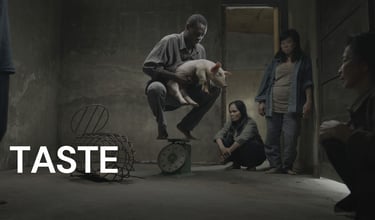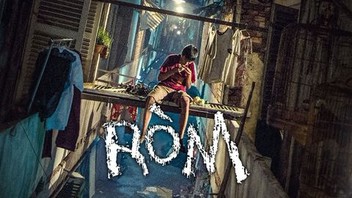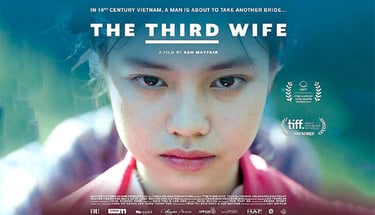Vietnamese Cinema and the Law: The Impact of Government Policies and Censorship (pre-2022)
Explore the complex impact of government policies & censorship on Vietnamese cinema. Learn how laws & the 'Thuần Phong Mỹ Tục' phrase affect filmmakers & international recognition
Vietnamese cinema navigates a complex landscape of government policy and censorship, profoundly impacting its development and international presence. The government's multifaceted role in the film industry provides both support and constraints for filmmakers.
During the period from 1971 to 1974, the government's exemption of import tax on colored plastic films created favorable conditions for filmmakers, leading to regional film festival awards for actors like Kiều Chinh and Thanh Nga. This support contributed to a diversification of filmmaking topics, catering to a wide audience and enriching the cinematic tapestry of South Vietnam.
However, the strict censorship regime in Vietnam has posed significant challenges to the industry. The Vietnamese censorship agency, known for its vague and stringent policies, has resulted in numerous films being censored, cut, or banned. Films such as "Vị" (Taste, 2021), "Ròm" (2019), and "Vợ Ba" (The Third Wife, 2018) have faced such fates despite achieving high acclaim at international film festivals like Berlin, Busan, and Toronto. The censorship often targets films that are perceived to undermine Vietnamese traditions or portray the nation in a negative light by highlighting social issues like violence and sexual content.
Remarkably, the Vietnamese censor agency tends to use the phrase “Thuần Phong Mỹ Tục,” which can be translated as the nation's traditional aesthetic. By breaking down this phrase, the word Mỹ means beauty and aesthetic, Tục means tradition or habit, and Thuần means natural and unmixed. However, it is challenging to have the most accurate meaning for the phrase “Thuần Phong Mỹ Tục” because everything changes over time, and Vietnam is also a developing and industrial country (Vũ Phượng, 2020). Hence, using the old tradition to judge the new creation or thinking is impossible. According to Vietnamese Cinema Law #11 (2006), any film that contains “behavior” or “action” against the government, spreading a national secret, social evil, sex, distorting history, or destroying “Thuần Phong Mỹ Tục” will be banned. Because this law is very vague due to the unclear definition of “Thuần Phong Mỹ Tục,” it leads the censorship becomes very unorganized and unclear in knowing which films to ban, thus affecting the quality of the “actual” good film on the international market and leading to the release of the low-quality film in term of narration, visual attraction, and its national value. This law suggests that Vietnamese filmmakers have a smaller room for creativity and expression or topic when compared to Korean filmmakers, which negatively impacts the film quality and leads the audience to seek to download and view pirated movies since they do not have a chance to watch the “authentic version” (Luật Điện Ảnh, 2006). Although the law is updated on June 15th, 2022, the Vietnamese film critique still uses the old thinking from 2006 to judge the films (Luật Điện Ảnh, 2022).
The phrase "Thuần Phong Mỹ Tục," which translates to the nation's traditional aesthetic, is frequently invoked by the censor agency to justify their actions. This approach to censorship has not only stifled the creative freedom of filmmakers but has also led to the release of films that may lack depth in narration, visual attraction, and national value. Consequently, audiences often turn to pirated movies to access the "authentic version" of these films, which they cannot watch legally due to censorship.
Despite an updated law on June 15th, 2022, the situation remains challenging for Vietnamese filmmakers, who have less room for creativity and expression compared to their South Korean counterparts. This disparity in creative freedom has a direct impact on the quality of films and their ability to compete on the international market.
In conclusion, while the Vietnamese government has provided certain incentives to filmmakers, the heavy hand of censorship has had a detrimental effect on the industry. To foster a thriving cinematic environment, there is a need for a more transparent and liberal approach to film regulation that balances cultural sensitivities with artistic expression. Only then can Vietnamese cinema truly flourish and achieve the international recognition it seeks.
Sources for Vietnamese Cinema Law
“Luật Điện Ảnh 2006 SỐ 62/2006/QH11.” THƯ VIỆN PHÁP LUẬT, 29 June 2006, https://thuvienphapluat.vn/van-ban/Thuong-mai/Luat-dien-anh-2006-62-2006-QH11-12986.aspx .
“Luật Điện Ảnh 2022.” THƯ VIỆN PHÁP LUẬT, 15 June 2022, https://thuvienphapluat.vn/van-ban/Van-hoa-Xa-hoi/Luat-Dien-anh-2022-486445.aspx.
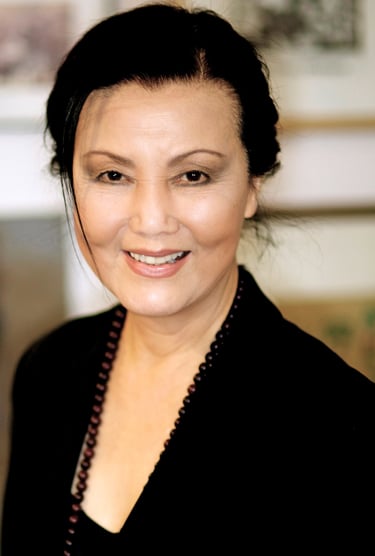

Kiều Chinh: Timeless Talent
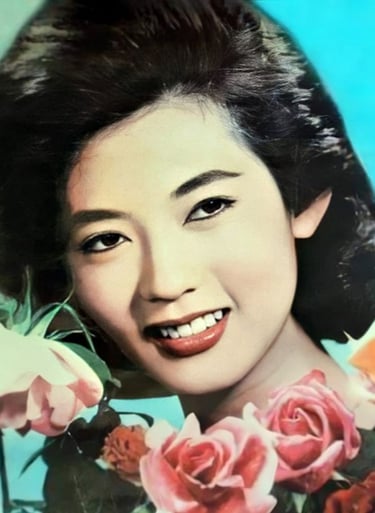

Thanh Nga
